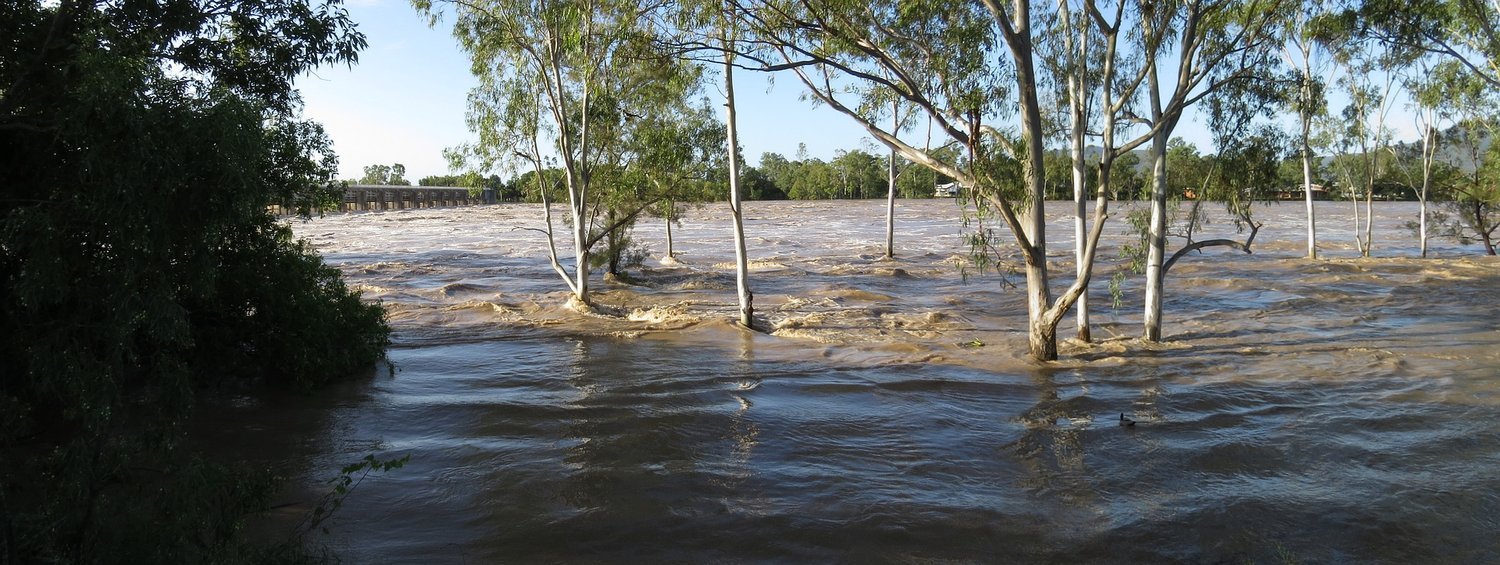Smart Sensing for Flooding Co-Design Workshop
The NSW Smart Sensing Network (NSSN) will host an invite-only co-design workshop in response to the recent devastating floods in NSW on 23 August 2022.
The event will bring together the state’s leading scientists with key stakeholders from government and industry to better understand the complexity of flooding events and identify areas where smart sensing solutions can play a critical role.
The workshop will be opened by NSW 2022 Flood Inquiry Commissioner Professor Mary O’Kane AC, outlining the challenges faced by the State.
Representatives from government, universities, industry and the broader community will collaborate to devise innovative ideas to inform new approaches to flood management.
NSSN Agtech and Environment Lead Dr Tomonori Hu said the response to the floods had been a heroic effort from all fronts.
“The purpose of this workshop is to collaborate with those who have been battling the events, get a deep understanding of the relevant stakeholders, and look at technological solutions to support future response,” said Dr Hu.
“Previously, the Network has brought together the state’s brightest and boldest minds with key decision makers and industry leaders to address COVID-19, droughts, ageing, bushfires and other significant challenges of our time.
“We see an opportunity for smart sensing to be the cornerstone of a new era of flood management and response. Emerging technologies in this space will allow for enhanced prediction and monitoring at a higher resolution and larger spatial scale, allowing for more informed planning, policy creation, resourcing and response from various stakeholders.”
Sensing technology has a great potential to strengthen the state’s flood response capability. For instance, leading up to the floods, weather and meteorological sensors can provide additional information to understand areas at the highest risk better. During the event, sensors could be used in a network to understand flash flooding better and help emergency services efficiently deploy resources. After the events, sensing for geographic and environmental changes will be needed to provide more accurate future models.
Some of NSSN’s capabilities in this area are:
Low-cost sensor networks that fill in the gaps of traditional meteorological networks. Additional connectivity modes add redundancy in the network.
Civil engineering – the latest in resilient architectures for changing climates.
Hydrology – measuring the impact of new water flows to the community.
Data science, forecasting and prediction.
Sensing of water quality during and after flood events.
Ecological impacts of flood for improved future modelling.
The workshop will aim to achieve the following outcomes:
Contribution to the 2022 Flood Inquiry with regards to smart sensing and related science and technology
Collaborative research projects around the themes of sensing, data and flooding
Networking between university, government, industry and community participants
This is an invite-only event. For more information on the workshop, please contact tomonori.hu@nssn.org.au.
Dr Tomonori Hu has a background in physics - developing mid-infrared fiber lasers for applications in spectroscopy. His interests lie in the translation of academic technologies to industry.
Since graduating with a PhD at the University of Sydney in 2015, Tom has been involved with the commercialisation of his research to form a start-up company - developing mid-infrared spectrometers.
Tom has completed accelerator programs such as INCUBATE, and subsequently operated the company from various locations in Sydney. At the same time, he leads a group at the University of Sydney on optical sensor technologies related to air quality, wildlife detection and defence.
Learn more about Tom here.


